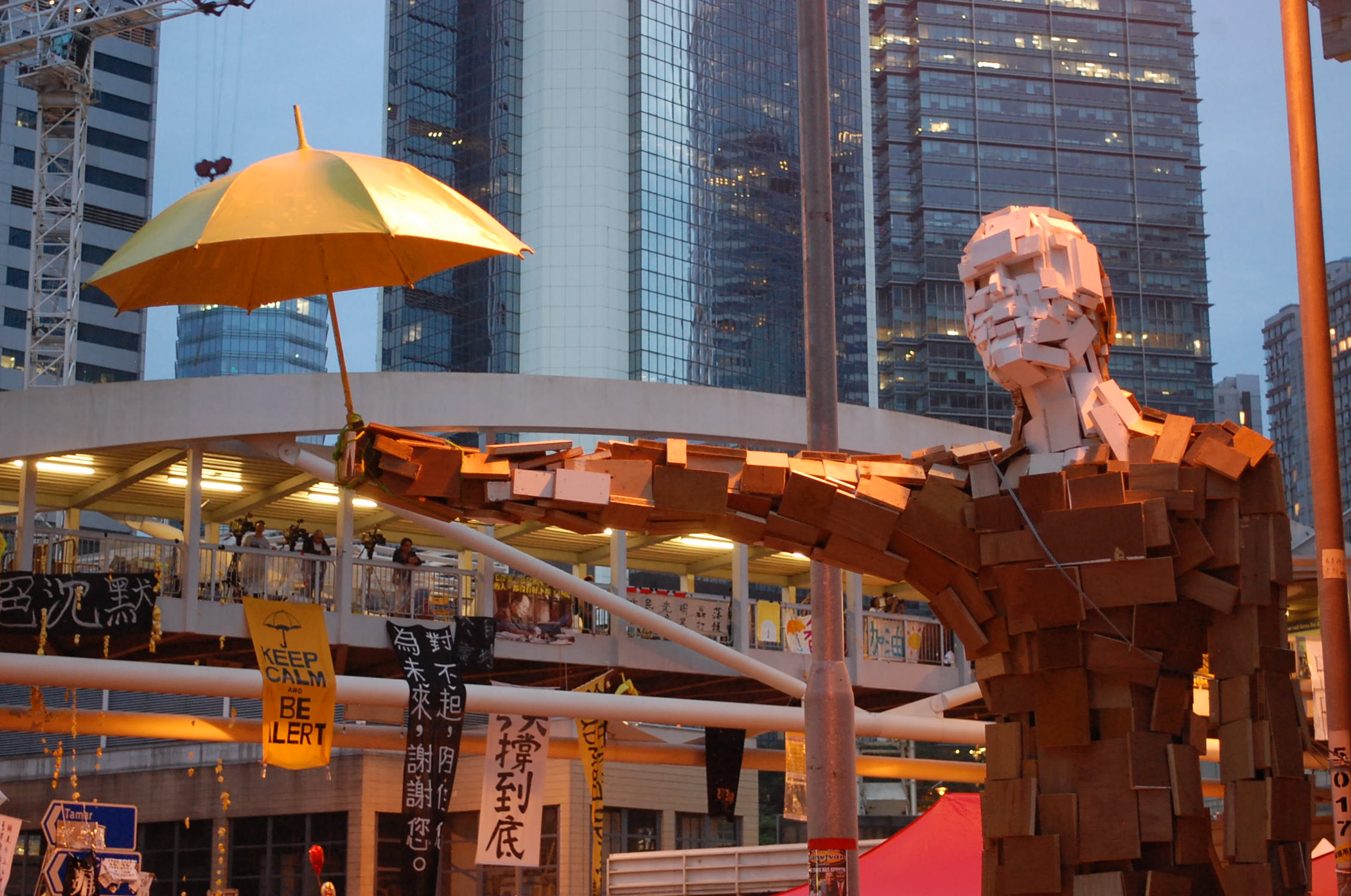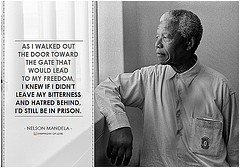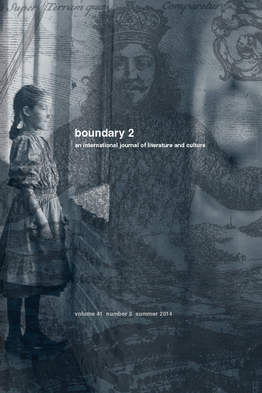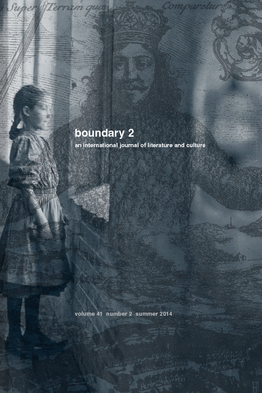F. W. de Klerk is the first president of South Africa whom I knew from TV and remembered. As it turns out, he became the last in the long list of white presidents of South Africa. It was late 1989; I was ten. Were it not because of the June Fourth tragedy in the PRC that took place some months before de Klerk acceded to the South African state presidency, I might have continued for more days, even years, to mope about unasham- edly, nonchalant of other people’s day-to-day struggle with and in the world. I might have kept on, for some more time, to think of the TV as no more than my daily feeder of Japanese animations. Of course, even though in my teenage years I became more educated and less complacent about my privileged life in one of the world’s richest cities, I paid scant attention to how the Ashanti fought the British, or how the Mau Mau resorted to violence against violence. This in part has to do with the fact that I received no doubt the finest elite education then available in town—for example, I had the good fortune to study “English Literature” as a subject, which only five or six schools in the whole of Hong Kong have the resources to offer.
It took me a while to emerge from this protected world of myself as a champion of colonial education and to identify the beauty of literature less in a particular national taste or in the workings of one imperial language. The judgment that literature is above all else the living proof of the historical mind’s greatest imaginative achievements came to me through and beyond my colonial education. In terms of time, it took me decades of slow work to finally open my mind and commit it to William Empson’s most humanistic call: to see “moral independence” from “one’s formative society” as “the grandest theme of all literature.” In practice, I spent years learning finally to appreciate that Okonkwo’s pastoral language is by itself beautiful, to understand that the protagonism of Okonkwo lies adequately in the virtue of the black man’s own capacity for innovations, exceptional achievements, and best hopes. Ultimately, I want to point out that I spent as much time in a free land to finish my long walk to freedom as an exceptional man used—indeed, was forced to use—to make his journey under circumstances that were “intended to cripple [a whole race] so that [black men] should never again have the strength and courage to pursue [their] ideals” (Mandela). Even so, the gap in our achievements is a total spectacle.
Despite all those unreasonable reasons that beefed up and sustained my ignorance, in the decade between 1989 and 1999 I did know President Mandela. Yet, before Nelson Mandela came to me as President Mandela, the antiapartheid icon whom Nadine Gordimer once described as “the personification of [his people’s] future,” he was first and foremost a political prisoner. This is so due to two more unreasonable reasons. First, overwhelmed for some years by the media’s visual representation of the 1994 genocide in Rwanda, I gave in to the reeling riotousness of visual culture and abandoned the needed task of understanding the complexity of my neighboring continent. In those years, Africa was for me the prison house of internal conflicts, poverty, and dangerous politics. The second reason has to do with popular culture. In 1990, Beyond, the city’s then most famous rock band, wrote one of its signature songs,《光辉岁月》(The glorious days), to pay homage to Mandela “with best wishes.”1 The hit ballad had, since the 1990s, cemented the image of Mandela as a “battered body,” who “alone is left / to welcome the glorious days, / to hold tight to freedom in the storms.” Beyond shapes and sings the image of Mandela in my and my generation’s mind; we have come to know Mandela as always “a lifetime of faltering struggle.” I believe “The Glorious Days” remains, even today, the only set of Cantonese lyrics and melodies dedicated to the man and memorable to generations of Hong Kongers and Chinese-speaking people. In the light of this single’s singleness, I translate the last part of it here for all its worth, beauty, one-timeness, and inadequacy. Above all else, though, I translate it to disconcert the complacency that is so common in my culture and society:
Those without colors live colorful lives.
Can’t we move beyond the color difference?
Pray that equality arrives for all.
A riotous array of color sparked beauty
’Cause it does not discriminate one from another.
可否不分肤色的界限
愿这土地里 不分你我高低
缤纷色彩闪出的美丽
是因它没有 分开每种色彩
___
1. Chen Zhifen 陈志芬, “Interview with Wong Ka Keung: Beyond Dedicates ‘The Glorious Days’ to Mandela” (專訪黃家強:Beyond《光輝歲月》獻曼德拉), BBC Chinese Online, December 6, 2013, www.bbc.co.uk/zhongwen/simp/china/2013/12/131206_mandela_pop -song_beyond.shtml. See also Linda Chen, “Weibo Reminisces Mandela’s Glorious Days,” Sino-US.com, December 6, 2013, www.sino-us.com/120/Weibo-reminisces-Mandelas -Glorious-Days.html. These web pages contain the lyrics of the song in full.
___
-Ruth Y. Y. Hung



